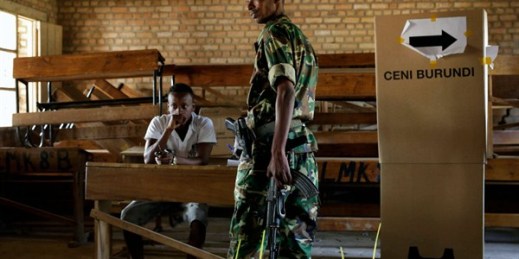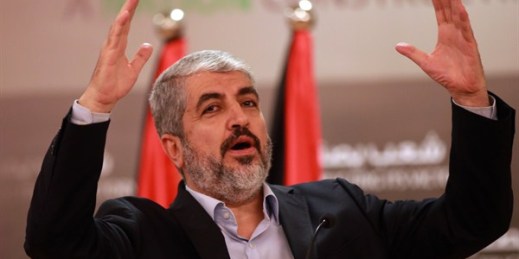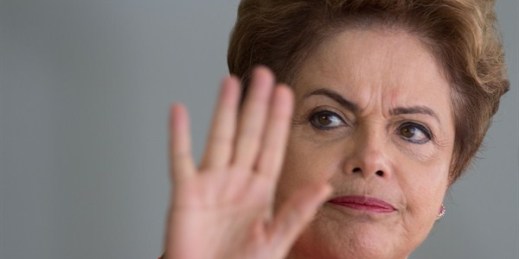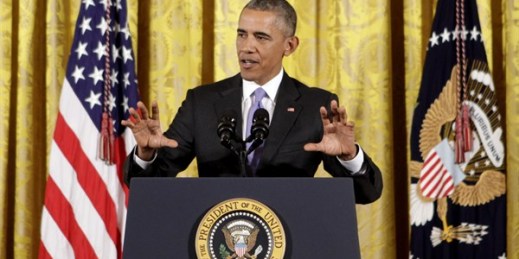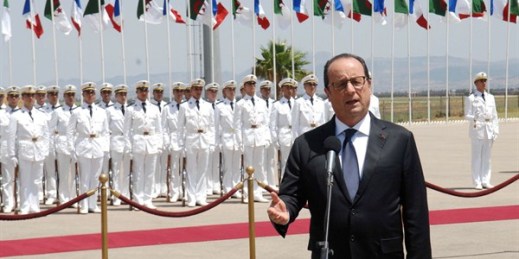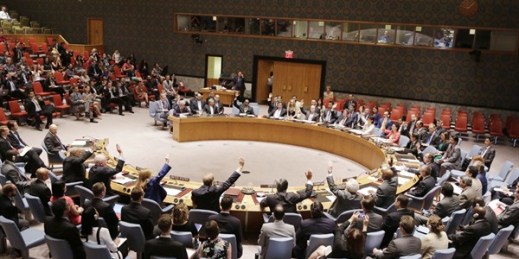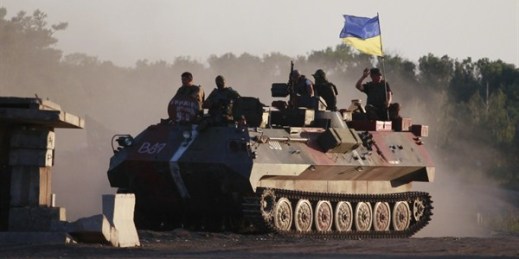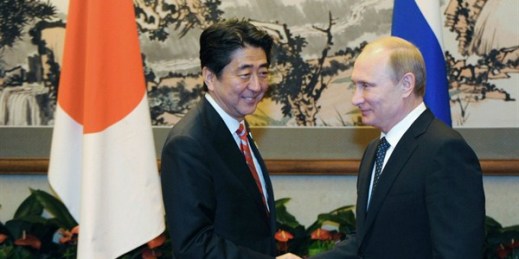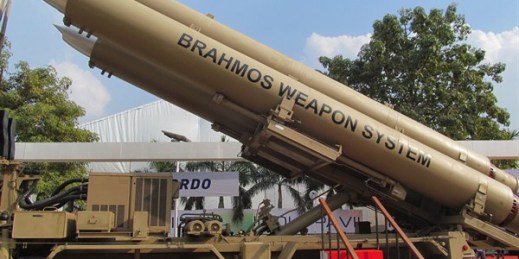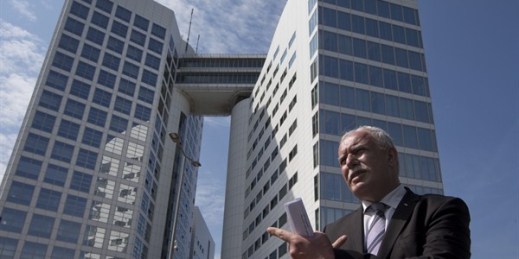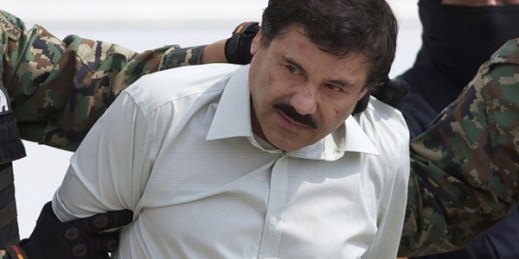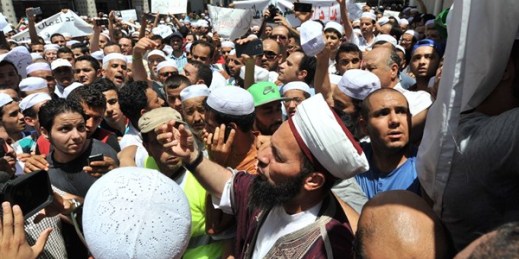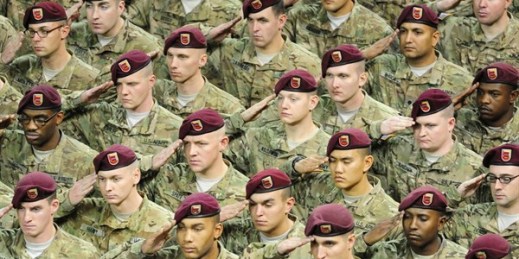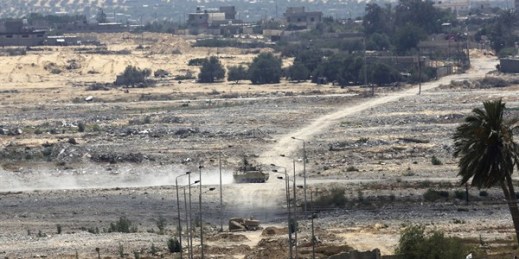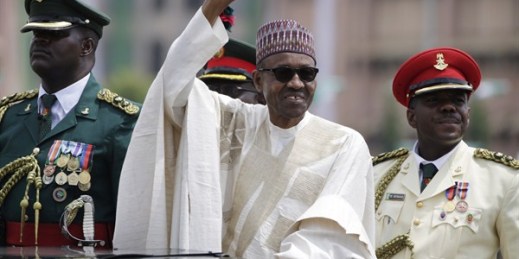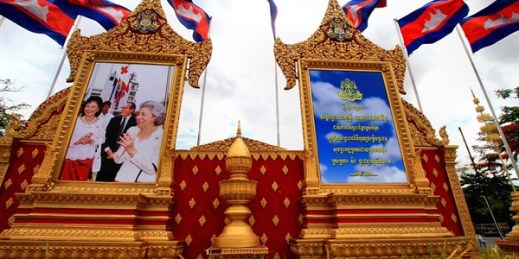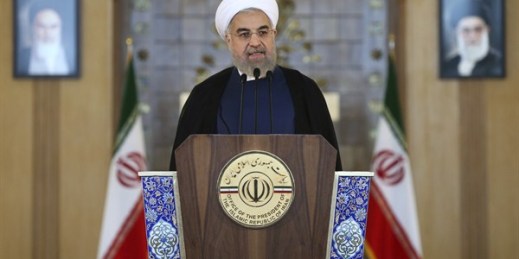
As the debate over the Iran nuclear deal begins in Congress, many of the arguments against the agreement reached by the U.S. and its P5+1 partners—France, the U.K., Russia, China and Germany—and Iran have taken on the appearance of theological opposition, where nothing short of full capitulation by the Iranians would satisfy critics. Other critiques have exaggerated the deal’s likely impact on the region or portrayed it in a distinctly one-sided manner. Furthermore, almost all of the deal’s critics have ignored the geopolitical impact it will have beyond the region, thereby overlooking a key benefit that advances U.S. interests—namely vis-a-vis […]

